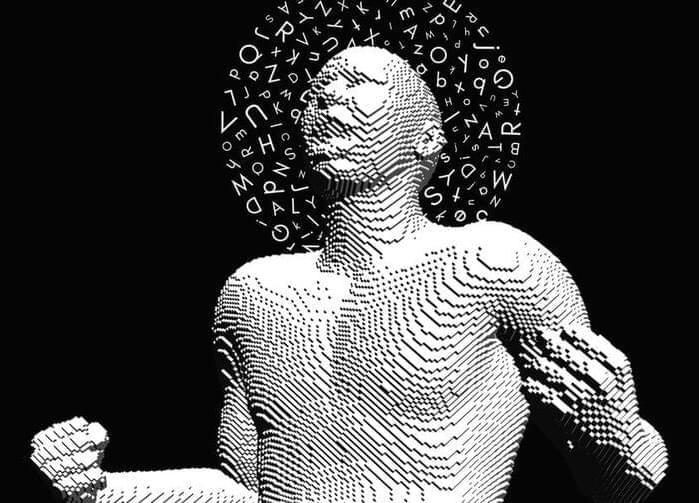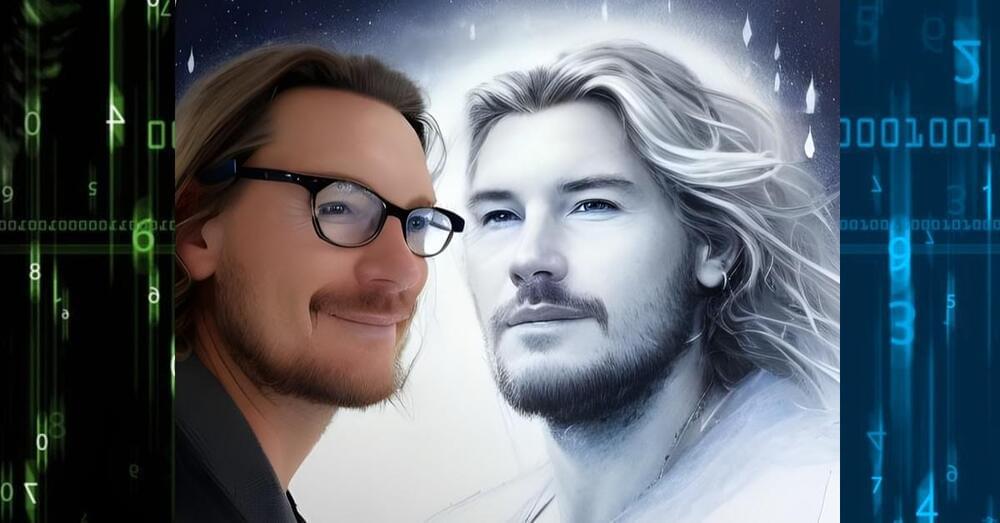This video explores the future of the world from 2030 to 10,000 A.D. and beyond…Watch this next video about the Technological Singularity: https://youtu.be/yHEnKwSUzAE.
🎁 5 Free ChatGPT Prompts To Become a Superhuman: https://bit.ly/3Oka9FM
🤖 AI for Business Leaders (Udacity Program): https://bit.ly/3Qjxkmu.
☕ My Patreon: https://www.patreon.com/futurebusinesstech.
➡️ Official Discord Server: https://discord.gg/R8cYEWpCzK
0:00 2030
12:40 2050
39:11 2060
49:57 2070
01:04:58 2080
01:16:39 2090
01:28:38 2100
01:49:03 2200
02:05:48 2300
02:20:31 3000
02:28:18 10,000 A.D.
02:35:29 1 Million Years.
02:43:16 1 Billion Years.
SOURCES:
• https://www.futuretimeline.net.
• The Singularity Is Near: When Humans Transcend Biology (Ray Kurzweil): https://amzn.to/3ftOhXI
• The Future of Humanity (Michio Kaku): https://amzn.to/3Gz8ffA
• AI 2041: 10 Visions of Our Future (Kai-Fu Lee & Chen Qiufan): https://amzn.to/3bxWat6
• Tim Ferriss Podcast [Chris Dixon and Naval Ravikant — The Wonders of Web3, How to Pick the Right Hill to Climb, Finding the Right Amount of Crypto Regulation, Friends with Benefits, and the Untapped Potential of NFTs (542)]: https://tim.blog/2021/10/28/chris-dixon-naval-ravikant/
• https://2050.earth/
• https://research.aimultiple.com/artificial-general-intellige…ty-timing/
• https://mars.nasa.gov/mars2020/spacecraft/rover/communications/
• https://www.forbes.com/sites/tomtaulli/2020/08/14/quantum-co…3acd9f3b4c.
• https://cointelegraph.com/news/tales-from-2050-a-look-into-a-world-built-on-nfts.
• https://medium.com/theblockchainu/a-day-in-life-of-a-cryptoc…a07649f14d.
• https://botland.store/blog/story-of-the-internet-from-web-1&…b-4-0/
• https://www.analyticsinsight.net/light-based-computer-chips-…h-photons/
• https://www.wired.com/story/chip-ai-works-using-light-not-electrons/
• https://www.science.org/content/article/light-based-memory-c…store-data.
💡 Future Business Tech explores the future of technology and the world.
Examples of topics I cover include:
• Artificial Intelligence & Robotics.
• Virtual and Augmented Reality.
• Brain-Computer Interfaces.
• Transhumanism.
• Genetic Engineering.
SUBSCRIBE: https://bit.ly/3geLDGO



